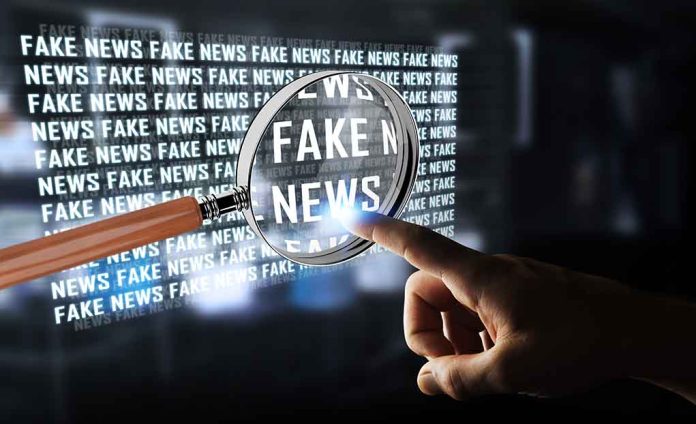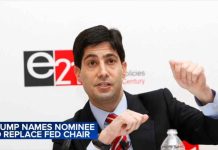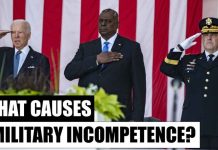
Media accusations against Trump’s second term exit their echo chambers to shape political trust and legitimacy.
Key Takeaways
- Allegations arose of a media hoax involving Elon Musk misrepresented as making a Nazi salute.
- The incident gained attention shortly after Trump’s swearing-in for a second term.
- Several media outlets were criticized for their portrayal of Musk’s gesture.
- The article highlights repeated tactics in media hoaxes targeting Trump’s presidency.
- The media’s role and intention in shaping political narratives are brought into question.
Media Hoax Allegations During Trump’s Second Term
Shortly after Donald Trump took office for his second term, media outlets published reports mischaracterizing Elon Musk’s gesture as a Nazi salute. The gesture, made at a post-inauguration event, received coverage from notable media organizations, including CNN and PBS. These reports later faced allegations of being a media hoax by supporters who claimed Musk was merely expressing gratitude towards the crowd with the words, “My heart goes out to you.”
Musk himself addressed the allegations, reportedly stating to the audience, “Thank you. It is thanks to you that the future of civilization is assured.” The media’s representation was strongly criticized for allegedly removing context and misrepresenting the matter.
Comparing Media Dynamics Across Trump’s Presidential Terms
Supporters argue that similar narratives were patterned after the Russia Collusion hoax and the Jussie Smollett incident, claiming the recycled use of smear tactics. These narratives allegedly aim to undermine Trump’s governmental initiatives by casting doubts over their veracity, steadily eroding public trust in media portrayals. Despite criticisms, these media dynamics, according to some analysts, continue as emblematic of a politically charged reporting style.
“Frankly, they need better dirty tricks. The ‘everyone is Hitler’ attack is sooo tired,” said Elon Musk on X.
Media outlets’ selective reporting frequently escalates tensions between free press and accusations of bias. The impact reflects a broader question: the reliability of media in shaping political narratives key to public opinion. Critics assert the need for transparency and accountability in journalistic practices, while some defend the media’s role as checkers on political power. Navigating the fine line commits the media to balanced narratives devoid of politicization.
Broader Implications of Media Dynamics on Public Trust
The ramifications of misrepresented information resonate in political ecosystems where public confidence is at stake. Allegations of agenda-driven journalism potentially obscure legitimate critiques against political figures, creating an environment of skepticism. The media’s challenge lies within maintaining its watchdog role without playing into defamatory or sensationalist rhetoric. As these discussions unfold, the role of media in a democratic society becomes all the more critical in preserving informed electorates.
Such debates must consider the media’s dual imperative: to inform with veracity while holding the fortresses of accountability. Amidst claims of media malfeasance, the pursuit of truth remains paramount. As evidenced, the challenge persists in ensuring that the free press functions both as a guardian of democracy and a beacon of truth, unmarred by external biases.


